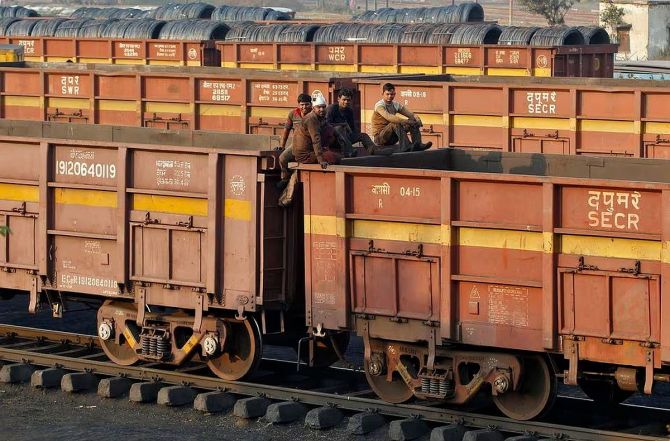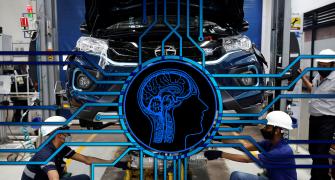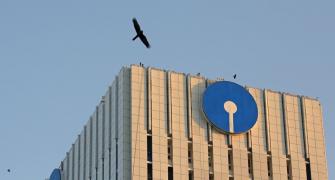The Indian Railways carried more goods in December 2023 than the same time last year, making more money than any month bar one since the pandemic.

The railways made Rs 15,098 crore by carrying freight in December 2023.
The number was higher only in March 2023 when it earned Rs 15,769 crore, according to data from the Centre for Monitoring Indian Economy (CMIE).
While the absolute value of earnings is up, growth slowed down to 3.6 per cent in December 2023.
It was the second month in a row that the growth rate declined.
It was 6.6 per cent in October 2023 and 3.8 per cent in November 2023.
The total quantity of goods carried over a trailing 12-month period is rising and last month it was the highest since at least December 2019, the earliest figure available with CMIE’s database.
Indian Railways carried 139 million tonnes of freight in December 2023, or 6 per cent more than the same month last year.
The 12-month rolling figure is 1,557 million tonnes.
It was 1,218 million tonnes in December 2019 and has shown a steady rise after a pandemic decline.
Nearly half the quantity of goods transported is coal.
It accounted for 49.6 per cent of freight quantity in December 2023.
This is higher than the 47.3 per cent recorded in December 2022.
Data for some freight categories is unavailable.
This included raw material to steel plants (except iron ore) and container service numbers.
The next highest share in freight was iron ore.
It accounted for 11.9 per cent of the total transported quantity.
Third was cement with 8.8 per cent share.

The share of food grains in total railway freight has declined.
It was 4.8 per cent in December 2022 and fell to 3.1 per cent in December 2023.
Coal, oil and grains are called bulk goods.
Non-bulk goods are generally packaged, such as consumer goods and automotive supplies.
Trucks carry 40 per cent of bulk traffic and 92 per cent of non-bulk traffic, said a 2021 Niti Aayog study, “Rail’s share of freight transport has been decreasing since 1951, with road transport gaining market share...
"Capacity additions on the rail network will help achieve a higher mode share of rail transport and move away from India’s current reliance on the road,” it said.
Increased use of railways can help reduce the environmental impact of goods transport.
The Niti Aayog report noted that a phased transition to rail can help reduce 388 million tonnes of carbon dioxide emissions by 2050.










